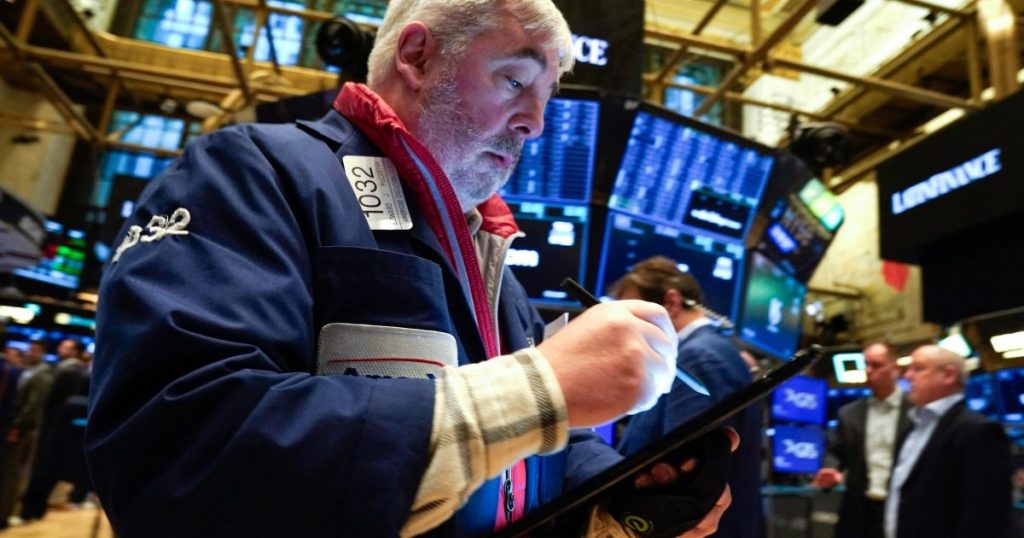Global Stock Markets React to Trade Tensions and Economic Data
Global stock markets experienced a mixed performance on Wednesday as investors anxiously awaited key economic data and corporate earnings reports from the United States, seeking clarity amidst escalating trade tensions triggered by the Trump administration’s tariffs. The looming threat of a trade war between the world’s two largest economies, the US and China, cast a shadow over market sentiment, with investors keenly focused on the potential impact on global economic growth. The release of US inflation and economic growth figures, along with earnings reports from tech giants Microsoft and Meta (Facebook and Instagram), were expected to provide crucial insights into the health of the American economy and the broader market outlook.
European markets exhibited a generally positive trend, bolstered by better-than-expected eurozone economic growth data for the first quarter. Despite the prevailing uncertainty surrounding trade tariffs, the eurozone economy managed to expand more than anticipated, providing a temporary respite for investors. France and Germany, two of Europe’s largest economies, reported positive growth figures, further contributing to the optimistic sentiment. However, shares of German automakers Volkswagen and Mercedes-Benz experienced declines after reporting substantial drops in their first-quarter net profits, highlighting the potential vulnerability of the automotive sector to trade disruptions.
The London stock market registered more modest gains, weighed down by losses in oil and mining stocks. Concerns over weaker demand from China, the world’s second-largest economy, dampened investor enthusiasm for these sectors. Recent data revealed that the tit-for-tat tariffs imposed by the US and China had started to negatively impact economic activity in April, with Chinese manufacturing activity contracting at its fastest pace since July 2023. This contraction followed a surge in Chinese exports in the previous month as businesses sought to front-load shipments ahead of the anticipated tariff increases.
Asian markets presented a mixed picture, with Hong Kong’s stock market advancing while Shanghai experienced a slight decline. Tokyo’s stock market received a boost from a significant surge in Sony’s share price, driven by reports that the company was considering spinning off its chip unit. Investors viewed this potential move as a positive development that could unlock value within the Japanese entertainment and electronics giant. The overall sentiment in Asian markets remained cautious as investors continued to monitor the evolving trade situation and its potential ramifications.
The trade war between the US and China, sparked by President Trump’s imposition of tariffs on various imported goods, has become a major source of concern for global markets. While the US administration has shown some flexibility in its approach, the uncertainty surrounding the trade negotiations has created volatility and apprehension among investors. US Commerce Secretary Wilbur Ross announced a trade deal with an unnamed country, while Treasury Secretary Steven Mnuchin reported progress in trade talks with India, South Korea, and Japan. These developments offered glimmers of hope that a resolution to the trade disputes could be achieved, but the overall outlook remained uncertain.
Oil prices continued their decline amid concerns that the escalating trade war would dampen global economic growth and reduce demand for oil. Furthermore, traders anticipated a potential increase in oil production by OPEC+, the group of oil-producing nations, further contributing to the downward pressure on prices. The trade tensions and their potential impact on global economic activity have added to the existing uncertainties in the oil market, leading to increased volatility and price fluctuations. The ongoing trade disputes and their potential consequences for global growth remain a significant concern for investors and policymakers alike.














